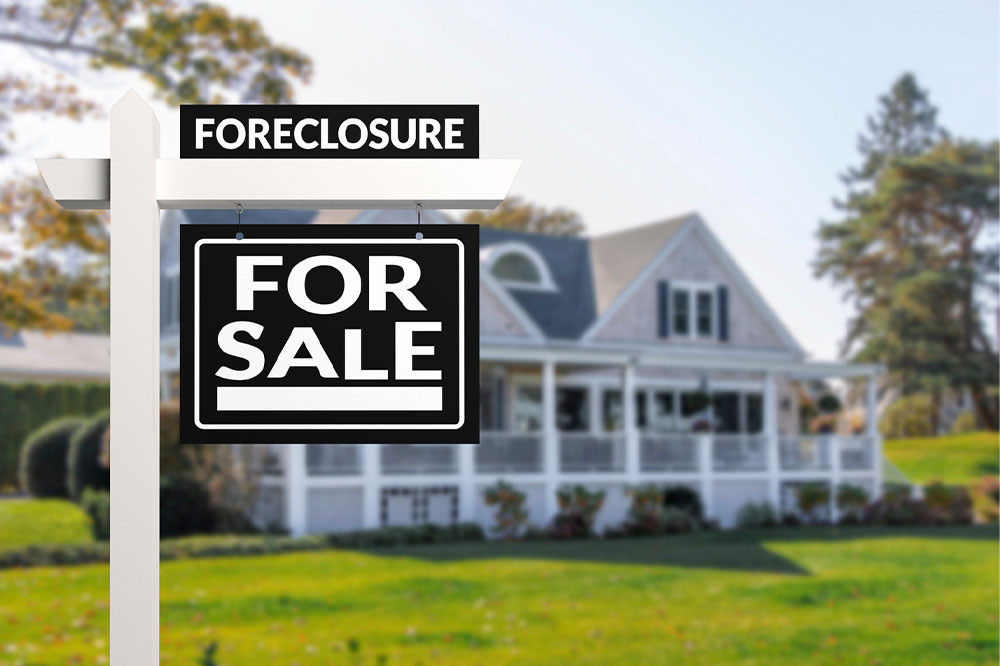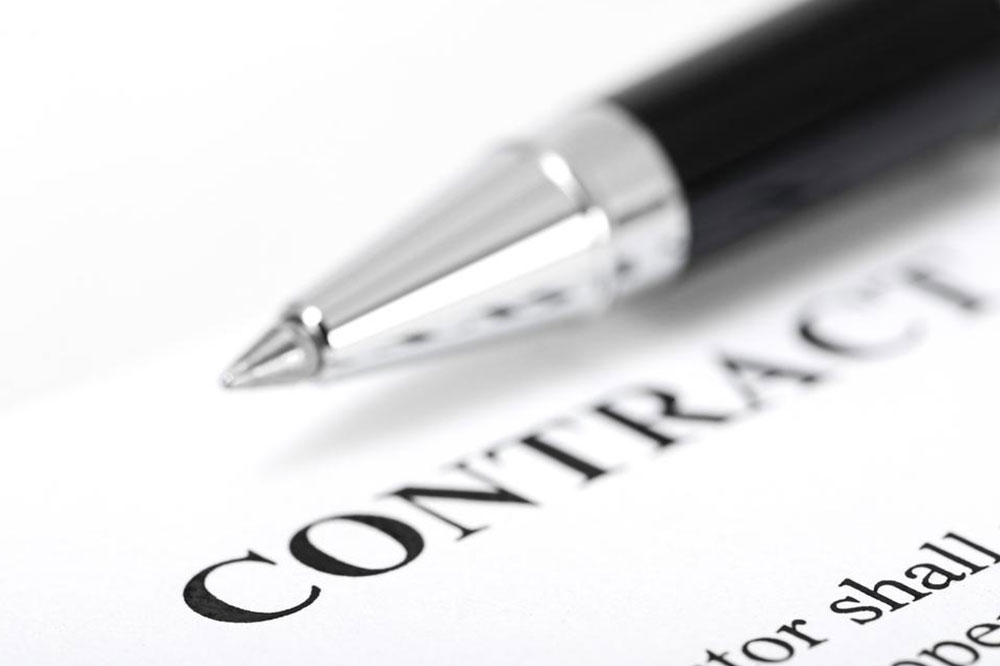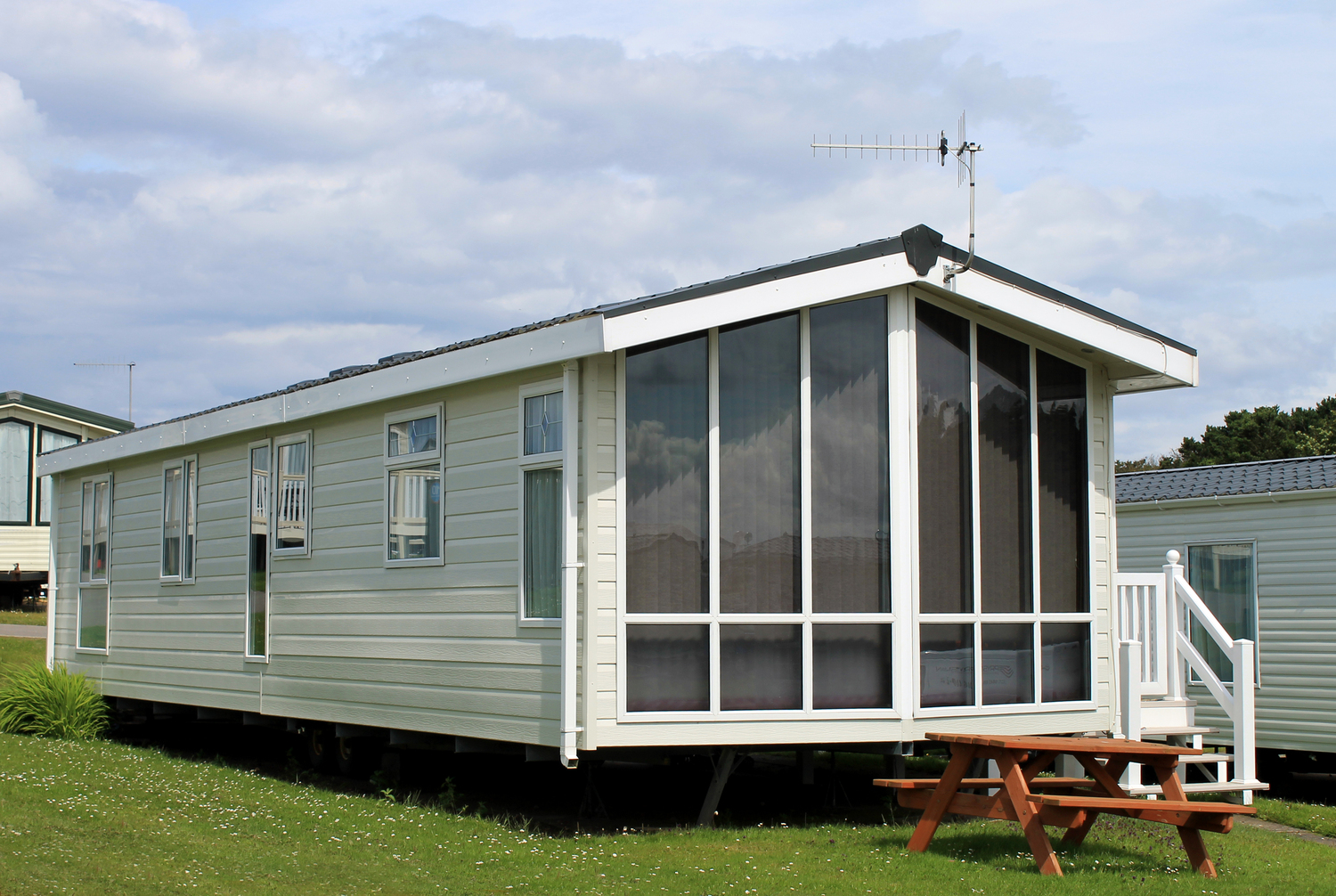Comprehensive Guide to Buying Distressed Properties: Benefits, Strategies, and Expert Insights
This comprehensive guide explores the benefits of purchasing distressed or foreclosed properties, including cost savings, investment potential, and negotiation strategies. It offers expert tips for successfully navigating the foreclosure market, making it suitable for investors and homebuyers seeking profitable real estate opportunities. Learn about the foreclosure process, key risks to consider, and how to approach distressed property purchases effectively to maximize your investment returns.

Comprehensive Guide to Buying Distressed Properties: Benefits, Strategies, and Expert Insights
As real estate prices continue to climb steadily, many potential homebuyers and investors are seeking alternative avenues to secure their dream properties at more manageable costs. One of the most compelling options available in the market today is purchasing distressed or foreclosed properties. These properties often come at a considerable discount compared to market value, offering lucrative opportunities for those willing to navigate the complexities of foreclosure sales. Understanding the intricacies involved, including the foreclosure process, benefits, and expert tips, can significantly enhance your chances of making a successful and profitable purchase.
Understanding the Foreclosure Process: What Are Distressed Properties?
Foreclosed properties are homes whose owners have defaulted on mortgage payments, prompting lenders to initiate a legal process called foreclosure to recover the unpaid loan amount. Foreclosure isn’t an immediate event; it involves a series of steps designed to give homeowners opportunities to resolve their defaults before losing their homes. The process usually begins with the homeowner missing one or more mortgage payments, after which the lender issues notices of default. If the default continues without resolution, the lender proceeds to schedule a foreclosure auction or sale, where the property is sold to recover unpaid dues.
Once the property is repossessed by the bank or financial institution — often called a bank-owned or real estate-owned (REO) property — it is then listed for sale, usually at a price lower than current market value. These properties are often sold as-is, meaning buyers should be prepared for potential repairs or renovations. Foreclosure laws and procedures vary by jurisdiction, but the core principle remains the same: banks aim to recover their losses through these asset sales.
Investing in distressed homes presents various compelling advantages. These properties, often priced below market value, serve as attractive opportunities for investors, rehabbers, and even homebuyers looking for affordable options. Understanding these benefits can help you determine if this route aligns with your investment goals.
Cost Savings and Attractive Pricing
The most significant advantage of purchasing distressed properties is the potential for substantial cost savings. Since banks and lenders are primarily interested in recovering their principal loan amounts, they tend to price these properties lower to facilitate quick sales. The discounted prices often translate into savings of 20-50% below comparable market-value properties, making these assets appealing to budget-conscious buyers and investors alike.
Desired for Renovation and Flipping
Many distressed homes are in need of repairs due to neglect, age, or previous damage. Banks typically sell these properties ‘as-is,’ without investing in renovations, which further reduces their asking prices. Savvy investors recognize this as an opportunity to purchase undervalued assets, renovate them, and sell later at higher market rates. This strategy can generate considerable profit margins, especially in neighborhoods with appreciating property values.
Investment Potential and Profitability
Purchasing distressed homes can be a lucrative addition to an investment portfolio. The low purchase price, combined with strategic renovations, allows investors to realize considerable capital gains. Furthermore, increased rental demand in such areas can generate substantial cash flow, making distressed property investments a dual-front opportunity for growth and income.
Negotiation Leverage
Since banks prefer to offload repossessed assets swiftly to recoup their losses, buyers often have leverage during negotiations. This can lead to additional discounts or favorable sale terms. Working with experienced real estate agents or foreclosure specialists can enhance negotiation strategies, ensuring you secure the best possible deal.
Expert Tips for Successfully Purchasing Distressed Properties
Patience Is Key
Acquiring distressed properties often involves extended efforts, especially given the limited number of listings and the competitive nature of foreclosure auctions. Being patient and persistent is vital. Engaging a knowledgeable real estate agent with experience in distressed sales can streamline your search process, help you identify suitable properties, and navigate complex bidding or negotiation scenarios.
Secure Pre-Approval for Financing
Before making an offer on a distressed property, obtaining mortgage pre-approval strengthens your purchasing position. Pre-approval shows sellers and banks that you are financially capable of closing the deal, reducing uncertainties and shortening transaction timelines. This is particularly important during competitive bidding processes or auction scenarios.
Comprehensive Cost Assessment
It’s crucial to evaluate all potential costs associated with distressed property ownership. Beyond the purchase price, consider expenses related to repairs, renovations, property taxes, insurance, and potential liens or legal issues. Conducting thorough inspections and consulting with professionals such as home inspectors, contractors, or real estate attorneys ensures accurate cost estimation. This due diligence helps avoid costly surprises and assesses true profitability potential.
Work with Experienced Professionals
Navigating distressed property transactions can be complex due to legal processes, property condition, and market conditions. Partnering with experienced real estate agents, lawyers, and contractors familiar with foreclosure sales can provide invaluable guidance. These experts can assist with negotiations, due diligence, repair estimates, and closing procedures, ultimately increasing your chances of a successful investment.
Purchasing distressed properties offers a strategic avenue for real estate investors and homebuyers looking for opportunities to maximize value. While it requires careful research, patience, and expertise, the potential rewards — including lower costs, renovation opportunities, and high investment returns — make it a compelling strategy worth considering. By understanding the foreclosure process, leveraging negotiation skills, and conducting comprehensive cost assessments, you position yourself for successful acquisitions in this dynamic segment of the real estate market.





